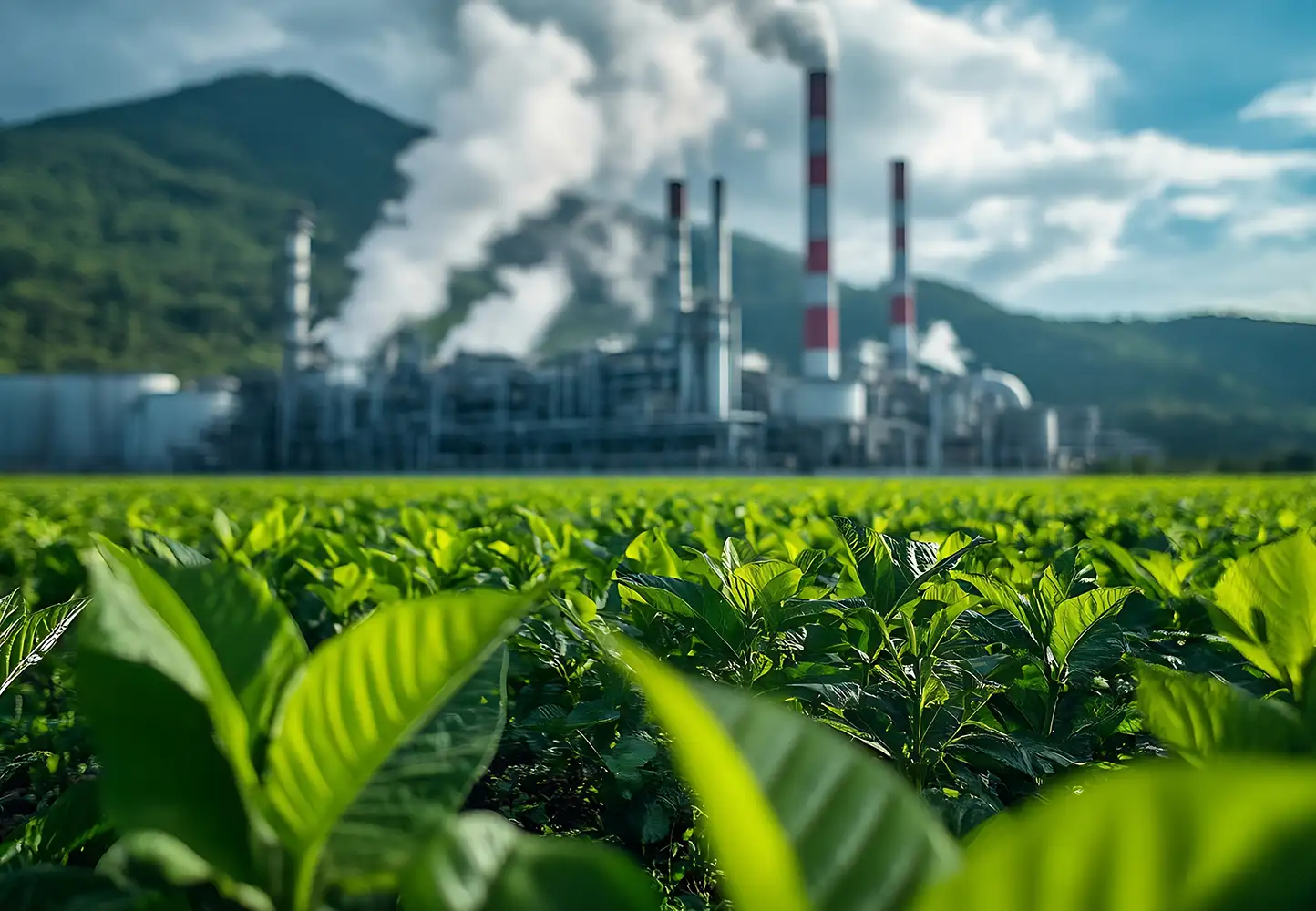
Sustainable raw materials
Sustainable raw materials – At the UEIL Annual Congress in Porto, Portugal, in October 2024, Dr. Gemma Stephenson, technical marketing manager at Cargill UK, highlighted how sustainable raw materials are transforming the lubricant industry. She emphasised that the sector must balance environmental, economic, and regulatory challenges while maintaining high-performance standards.
The lubricant industry has long relied on finite petrochemical resources, which face increasing environmental and regulatory pressures, she said. Stephenson stressed the urgency of adopting bio-based and recycled materials to transition towards a circular economy.
“If we don’t innovate now, future generations may face the exhaustion of petrochemical resources,” she warned. Emerging solutions include bio-based oils and polymer-based friction modifiers, which improve fuel efficiency and reduce CO₂ emissions.
Cargill has been expanding its bio-industrial portfolio, particularly following its 2022 acquisition of Croda International’s Performance Technologies and Industrial Chemicals business. This move has strengthened its presence across Europe, Asia, and the U.S., supporting industries looking for sustainable alternatives to petrochemical-based lubricants.
Regulations driving innovation
Environmental policies such as the European Green Deal and the Green Claims Directive are reshaping lubricant development. Stephenson noted that while regulations pose challenges, they also drive innovation in raw material selection and product design.
“Compliance is not just a hurdle—it’s an opportunity to rethink product creation,” she explained. Companies are increasingly using product carbon footprinting (PCF) and lifecycle assessments to track environmental impact and make informed decisions.
Stephenson stressed that sustainability is about more than raw materials—it also involves efficient manufacturing, emissions reduction, and product longevity. EU Ecolabel-certified lubricants, for example, meet strict environmental standards while ensuring optimal performance.
Low-energy manufacturing processes further minimize carbon footprints, supporting the industry’s shift towards sustainable production.
Collaboration is key to a sustainable future
The path to sustainable lubricants requires collaboration between industries, academia, and government. Agricultural sectors, which supply bio-based feedstocks, are developing carbon accounting frameworks to help manufacturers meet emissions targets.
“The transition is challenging but achievable through collective effort,” Stephenson concluded. “Together, we can create lubricants that perform while also protecting the environment and driving industrial progress.”























